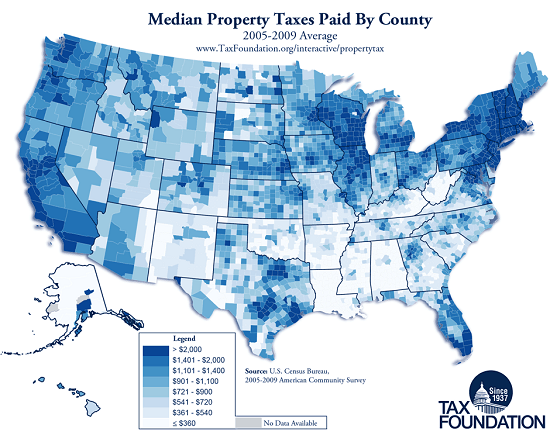The Tried-and-True Blueprint for Raising Taxes
March 25, 2015
As the global economy slides into recession and the U.S. economy catches a cold, the blueprint for raising taxes will be dusted off in every state.
The blueprint for raising taxes in the modern era was first established in 1913 when the federal government instituted permanent income taxes. Prior to 1913, income taxes were viewed as wartime emergency measures to raise money for the immensely costly prosecution of war.
Here's the blueprint for raising taxes:
1. Declare the tax is an emergency measure.
2. Start the tax out at a low rate to minimize resistance.
3. Levy the tax only on the wealthy to play the "it's only fair" card.
4. During some late-night session when the public isn't looking, make the tax permanent by burying the provision deep inside some popular and/or complicated legislation.
5. Raise the tax rate in response to deficits, i.e. "we need more money."
6. Gradually expand the base by reducing the qualification level from "wealthy" to "well-off" and eventually to everyone.
7. Gradually reduce deductions and exemptions to pittances.
8. Auction off exemptions for the super-wealthy via campaign contributions.
You can watch the blueprint in action in any number of locales--for example, Rhode Island, where the governor is proposing a first-ever statewide property tax on second-homes worth more than $1 million. The proposed levy has been dubbed the Taylor Swift Tax in honor of Swift's $17 million mansion on the Rhode Island coast.
According to the data presented in these links, Rhode Island property taxes are in the top 20% of the nation. Depending on how the tax is reckoned (as a percentage of median home value, for example), Rhode Island scores in the top 10 of the 50 states.
Property Taxes on Owner-Occupied Housing by State, 2004 - 2009 (taxfoundation.org)
Raimondo's second-home tax targets properties worth more than $1M (providencejournal.com)
50-State Property Tax Comparison Study (PDF; lincolninst.edu)
Here is a Tax Foundation chart of property taxes paid by county. The darker the blue, the higher the property taxes:

As the global economy slides into recession and the U.S. economy catches a cold, the blueprint for raising taxes will be dusted off in every state.
NOTE: Contributions/subscriptions are acknowledged in the order received. Your name and email remain confidential and will not be given to any other individual, company or agency.
|
Thank you, Shirley C. ($50), for your outstandingly generous contribution to this site-- I am greatly honored by your steadfast support and readership. |